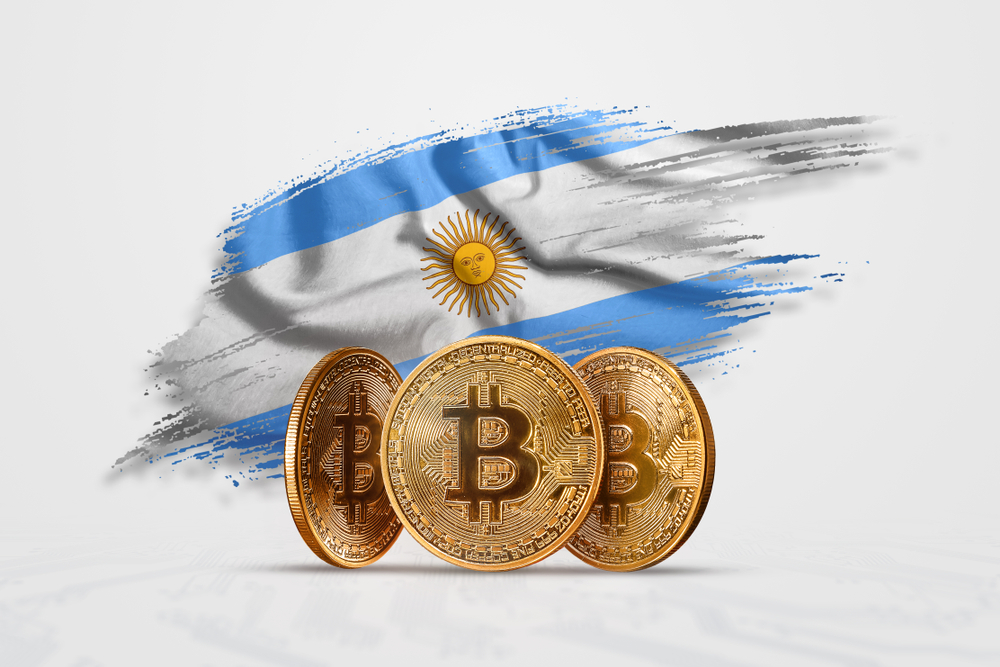It is no secret that cryptocurrencies have been gaining traction with many authorities lately. While these digital currencies have displayed a great deal of optimism and excitement, they have also raised several serious concerns, particularly in enabling money laundering.
Cracking Down On Money Laundering
That’s why Argentina’s finance ministry is taking steps to crack down on crypto-related money laundering activities. According to Errepar, the country’s minister for the Economy, Sergio Massa, is leading a draft bill requiring residents to declare their cryptocurrency holdings or face significant tax retributions.
The proposed bill will improve the nation’s anti-money laundering laws. It will be presented in the upcoming parliamentary gathering, where the Frente de Todos coalition holds a slim majority.
The bill stipulates that citizens would be “encouraged” to voluntarily disclose their assets, such as stocks and crypto assets. Any citizen that fails to do so will face an inquiry by the AFIP (Federal Administration of Public Revenues).
Also, it might attract a higher tax rate of up to 10% for those not disclosing their crypto assets. However, those who make such declarations would be subject to a tax rate of 2.5% should they be higher earners.
Moreover, Criptonoticias, a media platform, notified that citizens would be required to proclaim their cryptocurrency investments in an affidavit.
“This bill states that those proclaiming their investments within the first 90 days will be taxed at a rate of 2.5%. After the conclusion of this period, the rate will gradually increase until it reaches a cap of 10%,” it added.
An Errepar assessment of the statement showed that those with less than $50,000 of investments would incur a nominal initial penalty rate of 1.5%. In comparison, those with more than $50,000 would be charged 2.5% for each quarter of payment default.
What Triggered the Move?
The government has expressed the need to strengthen anti-money laundering laws to combat drug smuggling. Furthermore, it was noted that tax defaulting is becoming more prevalent and that significant amounts of money remain undeclared.
Argentina has experienced high inflation for numerous years, with some estimates placing the current rate at almost 100% yearly. Hence, many people have elected to stop using the Argentine Peso.
With limits set on hard currency purchases by the government, citizens have reportedly begun to explore alternative acquisitions, such as cryptocurrency and international real estate. Meanwhile, the proposed law is still in its early stages.
Still, the Argentine government is taking the issue of money laundering through cryptocurrencies seriously. However, it is unknown how the cryptocurrency community will receive this proposed bill and whether it will successfully curb money laundering.
Regardless, this is an essential step for Argentina and will be watched closely by other countries looking to regulate their cryptocurrency industry.
